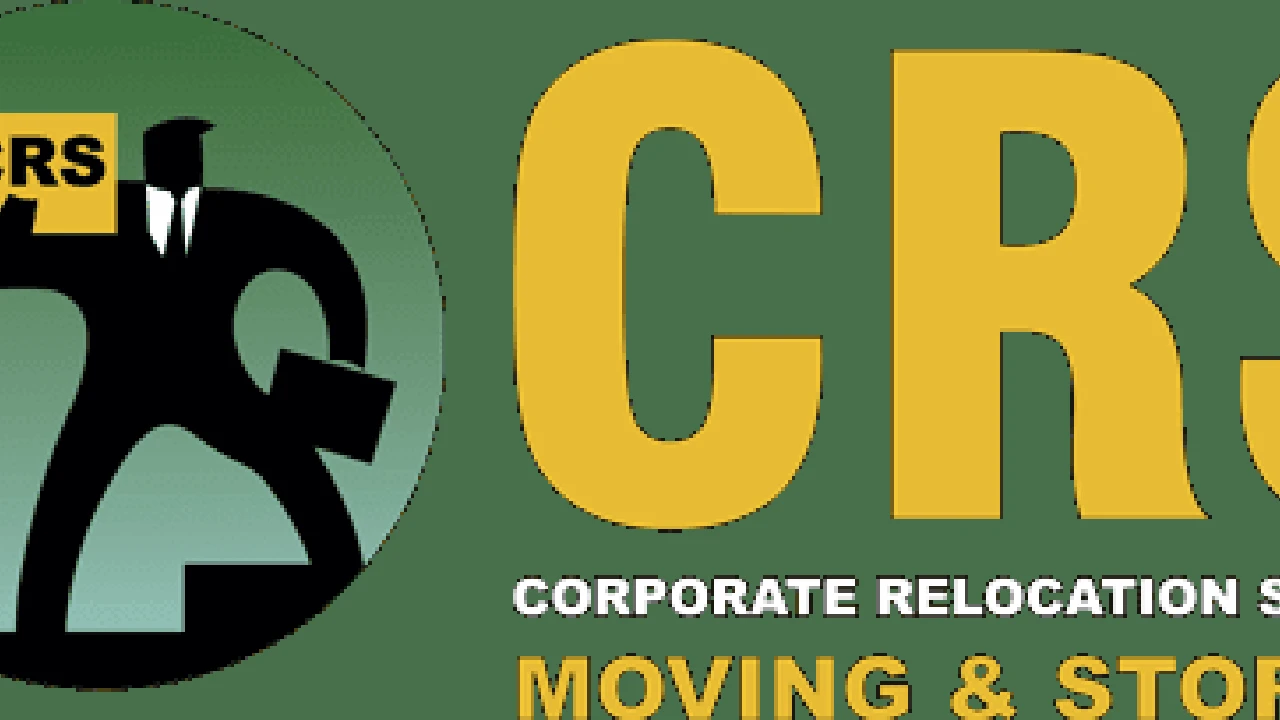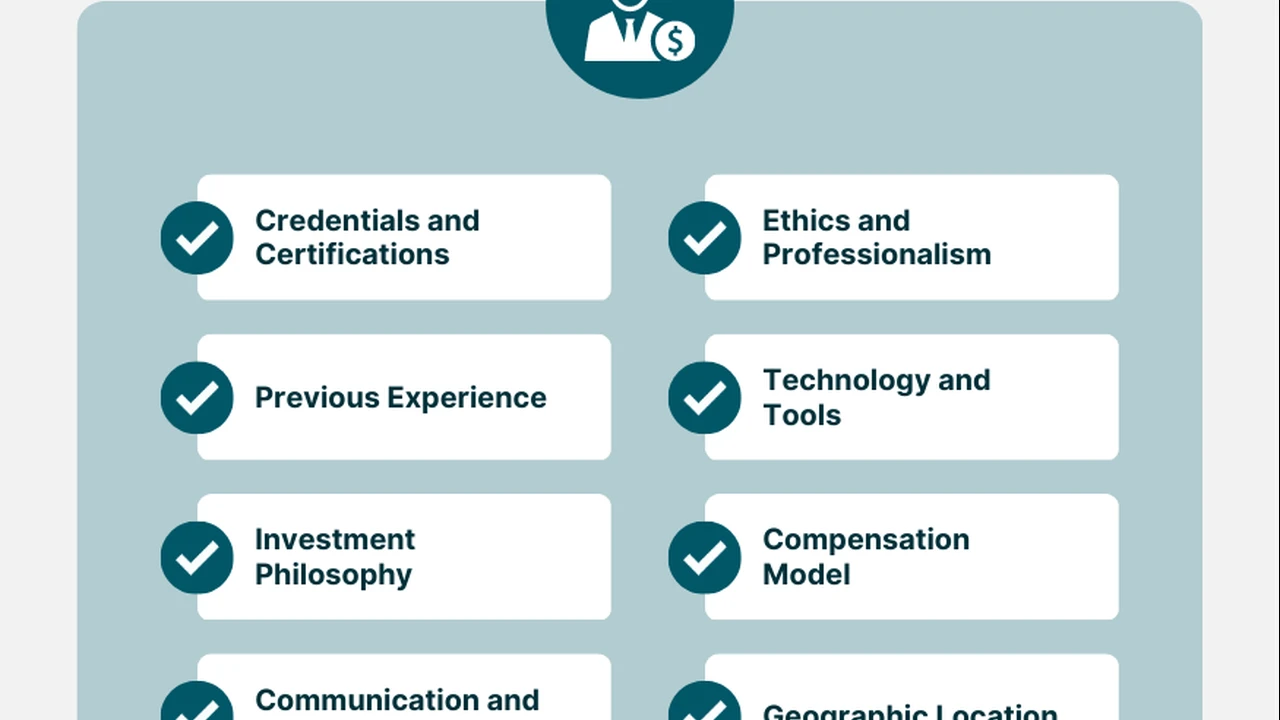Credit Counseling vs Debt Management Plans
Differentiate between credit counseling and debt management plans to choose the right solution for your debt relief.

Credit Counseling vs Debt Management Plans Choosing Your Debt Relief Path
Hey there! If you're reading this, chances are you're feeling the weight of debt, and you're looking for a way out. Good for you! Taking that first step to seek help is often the hardest. You've probably heard terms like 'credit counseling' and 'debt management plans' floating around, and it can get a bit confusing trying to figure out what they actually mean and which one is right for your unique situation. Don't sweat it; we're going to break it all down for you, making it super clear so you can make an informed decision. Think of this as your friendly guide to navigating the often-tricky world of debt relief. We'll cover what each service entails, who they're best for, and even dive into some specific providers and their offerings. Let's get started!
Understanding Credit Counseling What It Is and How It Helps
First up, let's talk about credit counseling. At its core, credit counseling is an educational service. When you engage with a credit counselor, you're essentially getting a financial check-up and a personalized roadmap. These counselors are typically from non-profit organizations, and their main goal is to help you understand your financial situation better, create a budget, and explore various debt relief options. They're not just there to tell you what to do; they're there to empower you with knowledge and tools.
The Credit Counseling Process Your First Steps to Financial Clarity
So, what does a typical credit counseling session look like? Usually, it starts with a confidential review of your income, expenses, and debts. The counselor will ask you about your financial goals and challenges. Based on this information, they'll help you develop a realistic budget that you can stick to. This budget isn't about deprivation; it's about smart allocation of your money. They might also provide advice on how to improve your credit score, manage your spending, and save for the future. It's a holistic approach to financial wellness.
Who Benefits Most from Credit Counseling Exploring Ideal Scenarios
Credit counseling is a fantastic option for a wide range of people. If you're feeling overwhelmed by debt but aren't necessarily on the brink of bankruptcy, it's a great starting point. It's particularly beneficial for individuals who need help with budgeting, understanding their credit report, or just want to explore all their options before committing to a specific debt relief program. If you have multiple credit cards with high balances, or you're struggling to make minimum payments but still have some disposable income, a credit counselor can offer invaluable guidance. It's also a good fit if you're looking for education on financial literacy and want to build better money habits for the long term.
Delving into Debt Management Plans DMP Explained
Now, let's shift gears and talk about Debt Management Plans, or DMPs. While credit counseling is more about education and advice, a DMP is a more structured, hands-on approach to debt relief. A DMP is typically offered by the same non-profit credit counseling agencies. If, after your initial counseling session, it's determined that a DMP is the best course of action, the counselor will help you set one up.
How a Debt Management Plan Works Streamlining Your Payments
Here's the magic of a DMP: the credit counseling agency negotiates with your creditors on your behalf. Their goal is to get your interest rates reduced, waive late fees, and sometimes even stop collection calls. Once these concessions are secured, you make one single, affordable monthly payment to the credit counseling agency. They then distribute that payment to your creditors according to the agreed-upon terms. This simplifies your payments, often lowers your overall monthly outlay, and helps you pay off your unsecured debts (like credit cards, medical bills, and personal loans) typically within three to five years. It's a structured repayment plan designed to get you out of debt systematically.
Ideal Candidates for a DMP Who Should Consider This Option
A DMP is best suited for individuals who have a significant amount of unsecured debt, are struggling to make their minimum payments, but still have a stable income. If you're consistently falling behind, or your interest rates are so high that you feel like you're just treading water, a DMP can be a lifesaver. It's also a good choice if you want to avoid bankruptcy and are committed to paying back your debts, but need a more manageable structure to do so. It requires discipline, as you'll typically need to close your credit card accounts included in the plan and avoid taking on new debt while enrolled.
Key Differences and Similarities Credit Counseling vs DMP at a Glance
To make it even clearer, let's highlight the main distinctions and commonalities between these two services:
- Focus: Credit counseling is primarily educational and advisory. A DMP is a structured repayment program.
- Commitment: Credit counseling can be a one-time session or a series of sessions. A DMP is a long-term commitment, usually 3-5 years.
- Payments: With credit counseling, you continue to make payments directly to your creditors. With a DMP, you make one payment to the agency, which then pays your creditors.
- Negotiation: Credit counseling offers advice on negotiation. A DMP involves the agency actively negotiating with your creditors for better terms.
- Impact on Credit: Credit counseling itself doesn't directly impact your credit score. A DMP can have a mixed impact; while it shows you're actively managing debt, closing accounts and reduced interest rates might be noted. However, successfully completing a DMP is generally viewed positively.
- Cost: Many non-profit credit counseling agencies offer initial counseling sessions for free or a very low fee. DMPs usually involve a small monthly fee, often capped by state regulations.
The biggest similarity? Both services aim to help you achieve financial stability and get out of debt. Often, credit counseling is the first step that leads to a DMP if it's deemed the most appropriate solution.
Choosing the Right Path for You Making an Informed Decision
So, how do you decide? Ask yourself these questions:
- Are you looking for education and advice, or a structured repayment plan? If it's the former, credit counseling is your starting point. If it's the latter, a DMP might be what you need.
- How much debt do you have, and what kind is it? DMPs are best for unsecured debt. If you have secured debt (like a mortgage or car loan), other solutions might be more appropriate.
- What's your income stability like? A DMP requires consistent monthly payments.
- Are you willing to close your credit card accounts? This is usually a requirement for DMPs.
It's always a good idea to start with a free credit counseling session. A reputable counselor will assess your situation and recommend the best course of action, whether that's a DMP, debt settlement, bankruptcy, or simply a better budget.
Reputable Credit Counseling and DMP Providers Exploring Your Options
When you're looking for a credit counseling agency, it's crucial to choose a reputable, non-profit organization. The National Foundation for Credit Counseling (NFCC) and the Financial Counseling Association of America (FCAA) are excellent resources for finding accredited agencies. These organizations ensure their members adhere to high standards of ethics and service.
Top Credit Counseling and DMP Providers A Comparative Look
Let's look at a few well-regarded providers that offer both credit counseling and debt management plans. Remember, fees and specific offerings can vary by state and individual circumstances, so always get a personalized quote.
1. National Foundation for Credit Counseling NFCC Members
- Overview: The NFCC is not a direct service provider but a network of non-profit credit counseling agencies. When you choose an NFCC member agency, you're assured they meet rigorous standards for quality and ethics.
- Services: NFCC member agencies offer comprehensive credit counseling, budget analysis, housing counseling, and debt management plans.
- Typical Scenario: You'd contact an NFCC member agency like GreenPath Financial Wellness or Money Management International (MMI).
- GreenPath Financial Wellness:
- Focus: Holistic financial wellness, including debt management, housing counseling, and student loan counseling.
- Pricing: Initial counseling is often free. DMP setup fees can range from $0-$75, with monthly fees typically $0-$50, depending on your state and debt amount.
- Use Case: Excellent for those seeking a broad range of financial education and support, not just debt relief. They have a strong emphasis on long-term financial health.
- Why choose them: Highly rated for customer service and educational resources. They offer a personalized approach.
- Money Management International (MMI):
- Focus: One of the largest non-profit credit counseling agencies, offering debt management, bankruptcy counseling, and housing counseling.
- Pricing: Free initial consultation. DMP fees are similar to GreenPath, varying by state.
- Use Case: A solid choice for those who prefer a large, established organization with extensive resources and a wide reach.
- Why choose them: Long-standing reputation, comprehensive services, and a strong online presence for convenience.
2. American Consumer Credit Counseling ACCC
- Overview: ACCC is another highly respected non-profit organization providing credit counseling and debt management services across the US.
- Services: Offers free credit counseling, debt management plans, bankruptcy counseling, and financial education.
- Pricing: Free initial counseling. DMP setup fees are typically $39, with monthly fees around $7 per account, capped at $70 per month, though this can vary.
- Use Case: Good for individuals looking for a straightforward, affordable DMP with a strong focus on consumer advocacy.
- Why choose them: Known for their low fees and commitment to helping consumers achieve financial freedom.
3. Consolidated Credit Counseling Services
- Overview: A non-profit organization with over 25 years of experience, offering a wide array of financial education and debt relief services.
- Services: Free credit counseling, debt management plans, housing counseling, and educational resources.
- Pricing: Free initial counseling. DMP setup fees are typically $39, with monthly fees ranging from $25-$75, depending on your state and debt.
- Use Case: Suitable for those who appreciate a long-standing organization with a proven track record and extensive educational materials.
- Why choose them: Strong reputation, comprehensive educational resources, and a focus on empowering clients through knowledge.
Important Considerations When Choosing a Provider Navigating the Landscape
When you're evaluating these or any other providers, keep these points in mind:
- Accreditation: Always ensure the agency is accredited by the NFCC or FCAA. This is your assurance of quality and ethical practices.
- Non-Profit Status: Stick to non-profit agencies. For-profit companies might have different motivations and could push you towards solutions that aren't in your best interest.
- Fees: Understand all fees upfront. Reputable agencies are transparent about their costs. Be wary of agencies that charge high upfront fees or promise unrealistic results.
- Counselor Qualifications: Ask about the counselors' certifications. Many should be certified by organizations like the National Association of Certified Credit Counselors (NACCC).
- Services Offered: Ensure they offer the specific services you need, whether it's just counseling or a full DMP.
- Customer Reviews: Check online reviews and ratings from independent sources like the Better Business Bureau (BBB).
- State Licensing: Verify that the agency is licensed to operate in your state, if required.
Life After Debt Management Maintaining Financial Health
Completing a DMP is a huge accomplishment, but it's not the end of your financial journey. It's a fresh start! After successfully completing a DMP, it's crucial to continue practicing the good financial habits you've learned. Rebuilding your credit, if necessary, will be a priority. This might involve getting a secured credit card, making all payments on time, and keeping your credit utilization low. The goal is to not fall back into old debt patterns. Continue budgeting, saving, and monitoring your credit report regularly. The financial literacy you gain through credit counseling and a DMP is a powerful tool for lifelong financial wellness.
Ultimately, both credit counseling and debt management plans are valuable tools for anyone struggling with debt. The key is to understand your situation, explore your options, and choose the path that best aligns with your financial goals. Don't be afraid to reach out for help; there are reputable organizations ready to guide you toward a debt-free future. You've got this!
:max_bytes(150000):strip_icc()/277019-baked-pork-chops-with-cream-of-mushroom-soup-DDMFS-beauty-4x3-BG-7505-5762b731cf30447d9cbbbbbf387beafa.jpg)






